I’m a Bad Feminist, etc – (Talking with Seattle’s Amber Nelson)
Rauan: When we chatted you used the word “Feminist” a few times. “Feminist,” a word that puts me on edge, and sometimes gets me crossing my legs, etc, because, well, some Feminist writers are quite radical (knife carriers probably). Can you tell us, plz, what Feminism means to you and explain about your being, as you said, a “Bad Feminist”?
Amber: I have to admit that your response to the word “Feminist” gets my hackles going…
Much like admitting to being a writer, more especially a poet, took some work on my part—it was something I, and I think most people, had to learn to admit or choose not to admit. I had to decide to admit to being a feminist because it garners exactly your reaction: that feminism means “man-hating.”
I think feminism, the truth of it, is and should always be equality for all–humanism. But there are varying levels and kinds of feminists. And there are thousands of road blocks, including a long history of white male privilege. That’s not an accusation, but a truth.
And so I point you to this essay by Lindy West (also a Seattle local and fantastic writer).
That said, I often worry that I am part of the problem. That I am a “bad feminist.” I worry because there are lots of things that I enjoy that are clearly problematic at best, or misogynistic and rapey at worst. I wouldn’t say these are the qualities I like about them… but they do exist. Take, for example, and since it’s hot right now, the Robin Thicke “Blurred Lines” song. (It’s gotten a lot-o-press.)
I get that the lyrics are evil, but man does that song make me want to dance.
That’s why this version is better:
I feel the same way about Ludacaris. I just love him. But then you get things like this:
vs. this:
And then I have several guy friends who are being better feminists than I am. Dude friends who are like “I’m going to just not listen to misogynistic rap anymore. That shit is wrong.” Whereas if I’m going out for a run, you better believe that Luda is up on my playlist. Plus, my editor Bruce Covey is actively publishing all these women because the VIDA count is all kinds of f***ed up.
*****
*****
Okay, so that was the first part of my latest Seattle Author Spotlight, the 10th, featuring Amber Nelson. Amber Nelson was one of the first Seattle writers I got to know here in Seattle (and maybe the only one who grew up in the Seattle area) and I have found her to be extremely kind, intense, driven, as well as extremely passionate about writing and publishing (she is one of the founders and managing editors of Alice Blue Books). Amber’s a bike rider, a cook, a collector of chapbooks and a true football fan. She is also a wonderful writer and someone the Seattle scene is lucky to have. Her debut book In Anima: Urgency is just now releasing from Coconut Books.
So, anyways, to follow is the rest of my interview with Amber.
*****
RK: every time I hear Alice Notley and her worked talked about it’s always “I love. . .I love …” etc, etc, so I was a bit taken aback to hear you say you’d found her last few books “boring”— repetitive in form and content. Please elaborate a bit for us??
AN: I also said that I love her. In fact, she is one of my favorite living writers, one of my favorite writers period. I think I went so far as to refer to her as my spirit animal. I’m not alone in that. But it’s true that, not too long ago, she released a book called Culture of One. I was so excited to read her new book, and everything I had heard on the twitter and facbeook was raving and raving and so I was so excited. I had never seen so many people bump Notley so I was sure it must be particularly great. And when I finally got the book—I have to say I was disappointed. Structurally, tonally, on the page, it just sounded like Alma but, like before Alma was a god and instead was a teenage girl. I mean they were about totally different things. Alma was a stunning monster of a book –epic, sweeping, beautiful. Somehow, in that book, she got away with things that other writers wouldn’t have. But it never felt right in Culture… I never could finish it. It had that feeling that perhaps she was going to start writing the same book—or do the whole Adorno late-style thing. I also got the book after that, Songs and Stories of the Ghouls—and found it kind of flat and boring.
But I did see her read this year. It was fucking magic. She’s the kind of reader everyone should see read because she has power. And she read new, new work that was incredible. That night, at the bar, after I offended her senses with the overreaching smell of my whiskey neat, she passed her memories from her forehead to mine by the Bene Gesserit ritual from Frank Herbert’s Dune. Frank Herbert is from my hometown, Puyallup, WA and he wrote books with my teacher at Evergreen, Bill Ransom.
RK: Can you tell us about your James Schuyler tattoo and how it relates to your debut book of Poetry, In Anima: Emergency, which is just now releasing from Coconut Books?
AN: I’m not sure they are related except in the ways that they are anachronistic and related to time.
I quote from James Schuyler’s poem “A New Day” on my arm: “Let’s love today, the what we have now. This day, not today or tomorrow or yesterday but this passing moment that will not come again.” I got this done at a really hard time, when I really felt I needed that living reminder. James Schuyler is like Buffy the Vampire Slayer for me—filled with rich and intense human feeling that I turn to when I am struggling with the day to day hardships of being a human person. I had that particular quote written on yellow legal paper and held on my wall above my bed with a tack, even after I got it tattooed on my arm.
In Anima: Urgency is not a book filled with lots of human feeling. At least not in that naked, relatable to my personal experience way. There’s nothing remotely narrative about it. But it does deal, centrally, with time. It was started at a time in my life when I was reading and watching a lot of science fiction, and about physics and game theory, and thinking a lot about time. Specifically a theory of time that all time happens at all times simultaneously. That all moments exist all the time for all eternity. So my answering this interview, right now, is a moment that will always exist and always has existed, and simultaneously, I’m losing my virginity for all eternity. (I had a good experience, so I don’t mind that so much.) And it was a theory I could buy into because it could reconcile my thinking about things like déjà vu and dreams that come true and how sometimes I just know when things are going to happen.
I didn’t start out wanting to write that book—or, in the writing of In Anima I wasn’t consciously writing in relation to or about that. But it was clear that it was on my mind.
RK: What’s good and bad (best and worst) about Seattle’s poetry and lit scene(s)?
AN: I think Seattle’s poetry/lit scene is a little bit in its flux stage. It’s stretching its legs a little, seeing what it can do. Finding innovative ways to host readings that are sometimes magical and sometimes just don’t work at all. The Furnace on the radio. Claustrophobia’s reading in tiny places. Ghost Tokens in crazy public places like train stations and parks by the freeway. I love this about Seattle right now.
What isn’t as great is that most of the really interesting readings are hosted by young people with no money to bring outside readers. Or people just don’t travel as far as Seattle from the East coast and Midwest. Or, when I do hear about fantastic people coming, it’s almost impossible to find a venue or someone to host said poetry traveler at their pre-existing traveler.
And so, it’s incestuous. You see the same 30 people once or twice a week or as often as you go, the same people read, the same people drink, and it starts to feel less pointy.
RK: It’s unusual when a poet’s debut book is dramatically different in form from just about any of his/her other work. Can you tell us about the various ways in which you write (and have written) and a bit more about the form of In Anima: Emergency ?
AN: When I was studying poetry at Evergreen, I was part of a writing group which we called the Mad Lib school of poetry. They often teased me about how I always wrote “relationship poems.” My poems would have the same language, and feel, be about the same things. They would tell me to “madlib the fuck out of it” and it would get at that idea that you can’t “not make meaning.” Like any other process-based writing exercise.
I would say, traditionally, I’m exactly that kind of poet: romantic and process-based. And, also, usually ecological in some fashion. Most of the poems I’ve written have an “I” and use sentences. I would say that most of the projects I’ve done have been different from each other. Your Trouble is Ballooning was language-y, process-y, and built of this idea that you could estrange language and still cause feeling. That you could make the words feel via sound, and presence. Dutch Baby Combo was like a nursery rhyme, lyric. This Ride is in Double Exposure was more prose-poems, atmospheric, imagistic. Diary of When Being With Friends Feels Like Watching TV was long, and narrative, and personal. But they were all closely wed to sound and rhythm, they all flowed, they were all based in feeling.
In Anima is more…in the brain. Less fleshy.
The poems are highly structured, and were all generated out of a process. And in the end, I have a very personal and feeling relationship to the text. But it’s punny and not very musical. Sound is still important, but in a more academic sense—the way words sound like other words. All of these things, the personal removal, make me a little uncomfortable that it’s my first full-length book. I do feel close to and protective of the work, but it is the kind of poem that I normally resist as a reader. Or what looks like the kind of poem I normally resist, anyway. I don’t think I wrote a book of just word games, but I can see how someone might come to it and think so.
RK: to give our readers a taste of your work could you please provide a brief(ish) excerpt from your book?
AN:
*en(vision (as) in)vasion
—a pennant race, in—
in filter, ration
the supplies, the spectacle
everyone watches
*
coat—ermine—us
renders shared time
a clock of fur
pelage—or pelt ages
in common sir: UT
RK: Why and how do you absolutely know that you do not want and will never want and will not have babies? Ever. Ever. Never. Never. Couldn’t this possibly change?? (you’ve been told by one poet at least that you’ve got “great genes” for them.)
AN: Corey Zeller was not the first, nor will he probably be the last, to tell me that I should have kids or, “you would be such a great mother!” or some such nonsense.
When I was a kid I would throw my dolls on the ground and then draw scars on their face. I must have been 12 or 13 when I realized that I didn’t want kids and it hasn’t changed or wavered since. There are things I’d rather do than raise a kid, and that includes almost anything: raising dogs, for instance.
In the end, I don’t know why… why does anyone like or want anything? I’ve met people that don’t like cheese. I’m like
WHY ON EARTH WOULDN’T YOU LIKE CHEESE?
RK: You love Teen Movies (“B Fantasy” movies also) like “Bring It On”(which, sad to say, I think I’ve seen parts of). But, are they good for your writing ? Good for your “poetry” imagination?
AN: Bring it On is the best:
Also, competitive cheerleading is pretty awesome too.
I am absolutely positive that my love of teen movies, starting from the Brat Pack and beyond, as well as my love of cult fantasy movies like Beastmaster and Red Sonja, and my love of kung fu both great and B (including my monthly trip to Kung Fu Grindhouse—has influenced my writing. I have no idea whether that influence is good or bad. I know I reference pop culture pretty directly in Diary. But I think the benefit is more human, than not. People deride escapism but I’m not one of them. I think it’s healthy. I wouldn’t survive, I would probably kill myself, if I lived my life entirely in the hardships of the world now, in the heaviness of “high art” films, in poetry itself. I think the greatness of all of them is the nakedness and simplicity: the troubles are straightforward, the moral compass of right and wrong is clearly defined, and endings are happy and satisfying
RK: to give our readers another taste of your work could you please provide us a 2nd excerpt of your work?
AN:
*a read feather:
gamine as gams
& lithe, lengthens
two birds
arouse & flirt
*
lion eyes seek—
espousing monarchs
unfetter in fete
—voyeur each
above wet white masts
RK: Tell us, please, about you and Astrology ((and here for the fun of it let me sneak in that “lame dog” we spoke about. Private joke, blah, blah)?
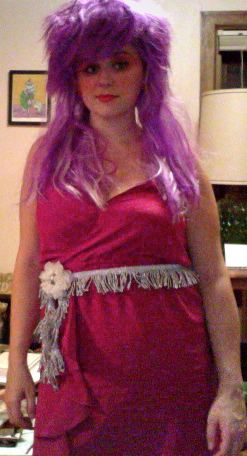 AN: I was born on February 10th. I’m an Aquarius, which, astrologically speaking, is the sign of astrologists. An air sign known for being brilliant, independent, innovative, rebellious, free-thinking, crazy. We’re social activists and we have to be right, like, all the time. It’s also a fixed sign—we don’t like change. I also have a Gemini Rising with a Capricorn Moon. Put all this together in an astrological chart and you find yourself generating a fairly spooky narrative of the kind of person I perceive myself to be, other people perceive me of, the kinds of impressions I give off and what kinds of things I like, my relationship to the world.
AN: I was born on February 10th. I’m an Aquarius, which, astrologically speaking, is the sign of astrologists. An air sign known for being brilliant, independent, innovative, rebellious, free-thinking, crazy. We’re social activists and we have to be right, like, all the time. It’s also a fixed sign—we don’t like change. I also have a Gemini Rising with a Capricorn Moon. Put all this together in an astrological chart and you find yourself generating a fairly spooky narrative of the kind of person I perceive myself to be, other people perceive me of, the kinds of impressions I give off and what kinds of things I like, my relationship to the world.
I don’t buy into horoscopes, but I do believe that there could be something to the way the universe aligns when you are born to the kind of person you become. It is, of course, a nature/nurture kind of thing. Or I’m forcing a connection. But when I was heavy into astrology (which was about 10 years ago), I could often tell what astrological sign a person was after knowing them for a little while. I was tested. I was very good.
I don’t spend a lot of time thinking about it anymore, or reading my horoscope, but I do still think there’s probably something to it.
RK: why are you so into Russell Wilson, the Seattle Seahawk’s fab 2nd-year QB? And do the Seahawks have a real chance of going all the way?
AN: He’s agile.
He’s a good person (unlike some other athletes). And according to the stars, we are incredibly sexually compatible.
Still, dreamy as he is, Russell Wilson’s butt doesn’t have anything on retired Seahawk “Best Ass in the League” Bobby Engram.
Gosh I miss that butt ‘round football season.
Anyway… the Seahawks definitely have a chance of going all the way this year. I don’t think the hype has been wildly helpful and we’ve been a little sloppier than I’d like, but we do have some really great things going for us. I think this article (which largely talks about the NFC West overall, but also has a section specifically on the Seahawks) I think was one of the best on the subject:
Plus we’re a defensive team, which I think makes us more fun to watch.
***
Previous Spotlights
Tags: amber nelson, Seattle Author Spotlight

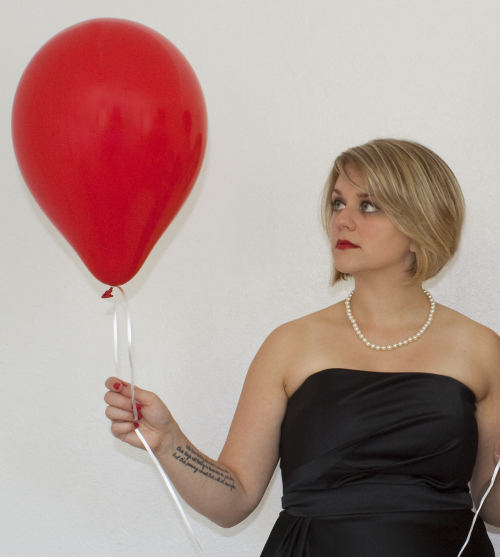
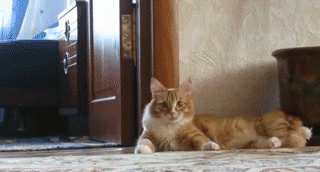
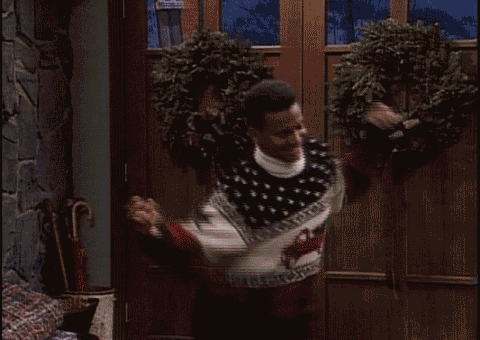
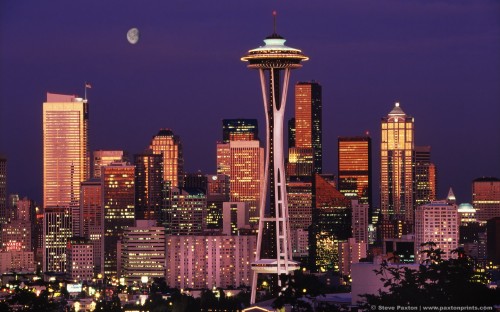
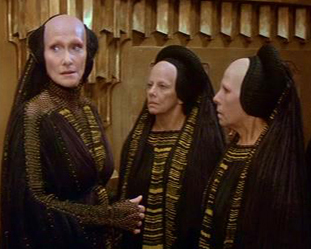
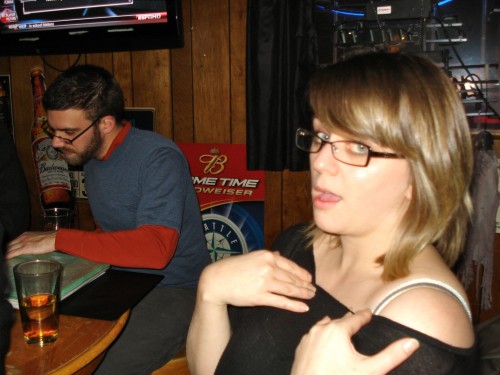

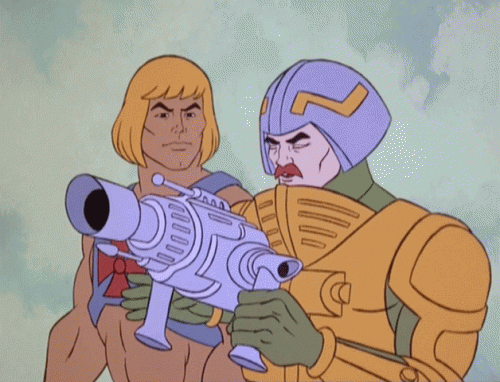
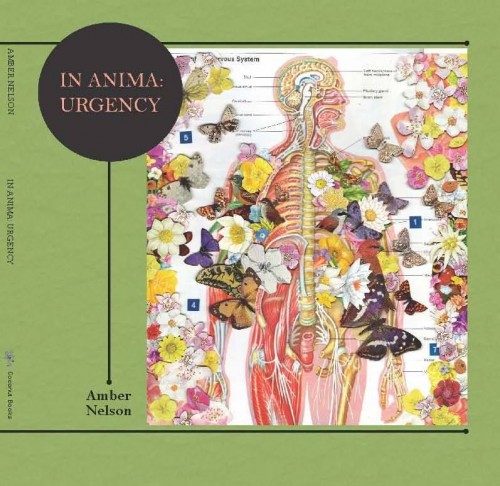
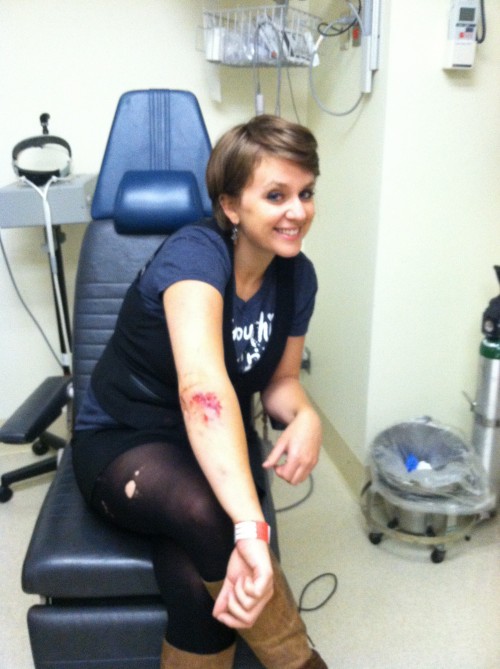
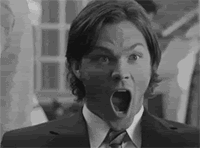
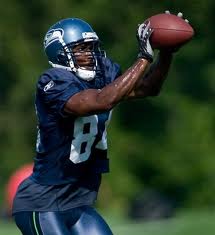
wow, was So Tempted, 2 days ago, to comment “but there are so many other good – better – songs to dance to”
and add a link to Marvin
http://www.youtube.com/watch?v=75BlzjqGVcc
but i didn’t…
and now this:
http://www.youtube.com/watch?v=75BlzjqGVcc
!
damn, feel ‘something is right in the world after all’
tho, to ‘blurred lines’ vid credit, it Does have Pha-RELLLL, and TI
[…] Amber Nelson […]